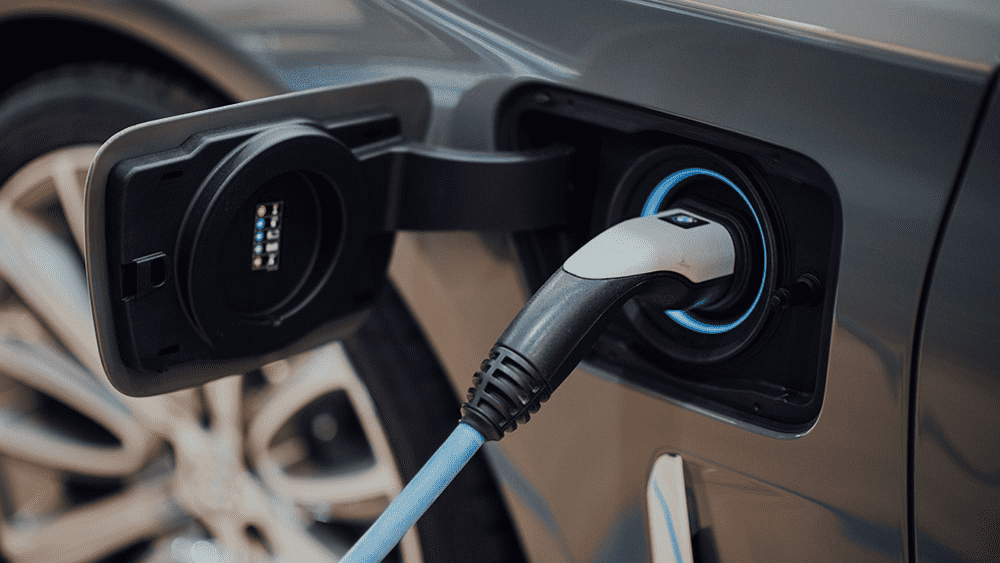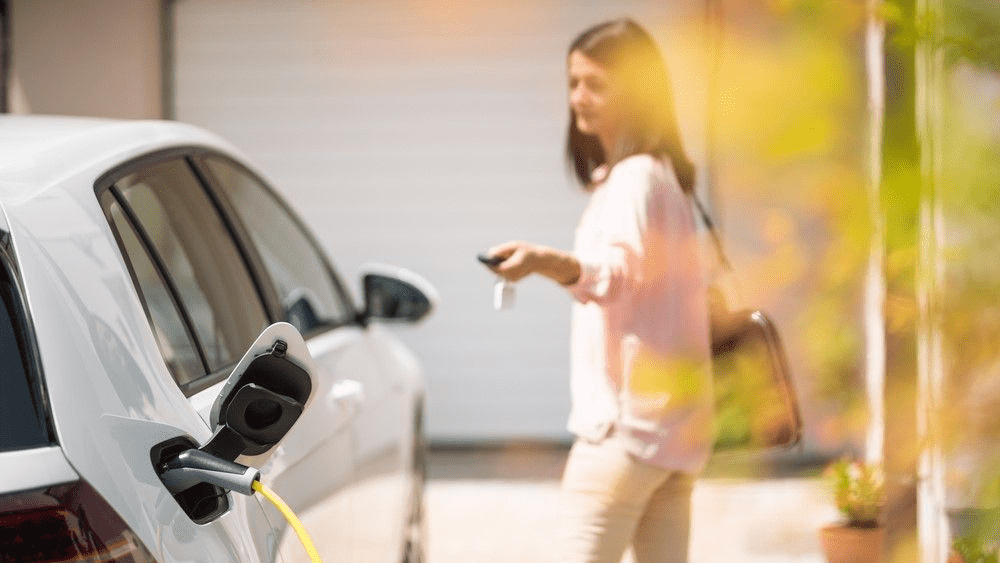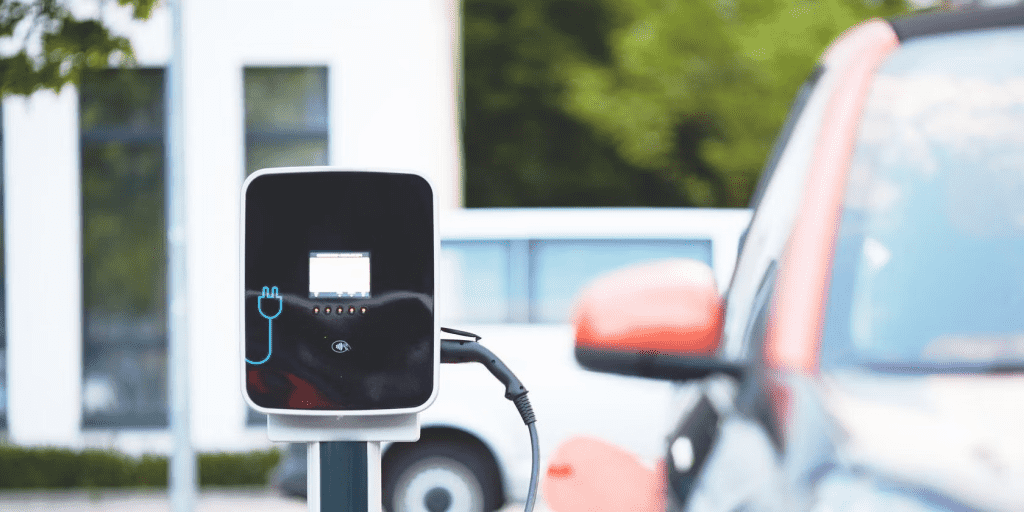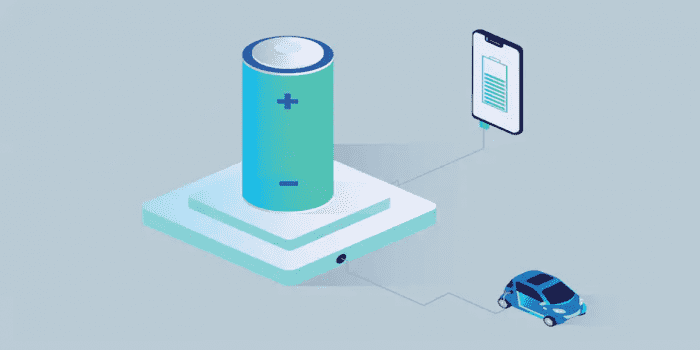Even though electric vehicles are getting increasingly popular, many consumers are still afraid to switch. One explanation is that charging an electric car requires much more time than a conventional one. But speeding up the charging procedure can harm the battery and reduce life.
However, fortunately, scientists have found a solution to this. A recent study found that speedy charging technologies have been developed that can securely charge several kinds of electric vehicle batteries in no more than 10 minutes.
The researchers presented their findings this week at the American Chemical Society’s fall meeting (ACS).
“Fast charging is the key to increasing consumer confidence and overall adoption of electric vehicles,” says Eric Dufek, PhD, a lead author of the study and scientist at the Idaho National Laboratory.
“It would allow vehicle charging to be very similar to filling up at a gas station.” Such an advance could help the U.S. reach President Biden’s goal that by 2030, half of all vehicles sold should be electric or hybrid.

Currently, automobile manufacturers and public charging stations use a variety of chargers with various recharge times.
Since charging the lithium-ion batteries that electric power vehicles require a careful balancing act, the race to supercharge them has, in the past, run into difficulties. Although most drivers would desire to get back on the wheel as soon as feasible, modern technology makes it risky to rush the process. While charging a lithium-ion battery, lithium ions migrate from one side of the device, the cathode, to the other, the anode.
Since the lithium ions migrate faster, they do not always entirely enter the anode. In this case, lithium metal might accumulate and cause problems. It can even trigger early battery failure. These difficulties will lower the battery’s lifetime and the vehicle’s helpful range, resulting in costly and inconvenient repercussions for drivers.
One answer to this problem is to adapt the charging routine to enhance speed while minimising damage from the numerous battery technologies now utilised in vehicles. However, finding ideal protocols necessitates a massive quantity of data on how various ways affect these devices’ lives, efficiency, and safety.

To resolve these concerns, Dufek and his colleagues at Idaho National Laboratory have published a paper describing machine learning approaches that combine charging data to build unique charging protocols.
The scientists trained the machine learning algorithm to estimate lifespan and how different designs will eventually fail by inputting information on the condition of many lithium-ion batteries during their charging and discharging cycles. The data was then put back into the analysis to find and optimise novel methods tested on actual batteries.
“We’ve significantly increased the amount of energy that can go into a battery cell in a short time,” says Dufek. “Currently, batteries charge over 90% in 10 minutes without lithium plating or cathode cracking.”
Jumping from a dead battery to 90% power in 10 minutes is still close enough to the current technologies, which can only fully charge an electric vehicle in about 30 minutes.

Dufek asserts that one benefit of their machine learning technique is that it connects the protocols to the physics of what occurs in a battery. While many researchers are striving to find ways to achieve this type of super-fast charging, Dufek argues that their approach has this edge. The researchers will use the model to enhance current techniques and assist in creating new lithium-ion batteries with speedy charging capabilities.
“The ultimate goal is for electric vehicles to be able to teach charging stations how to power themselves,” says Dufek.


